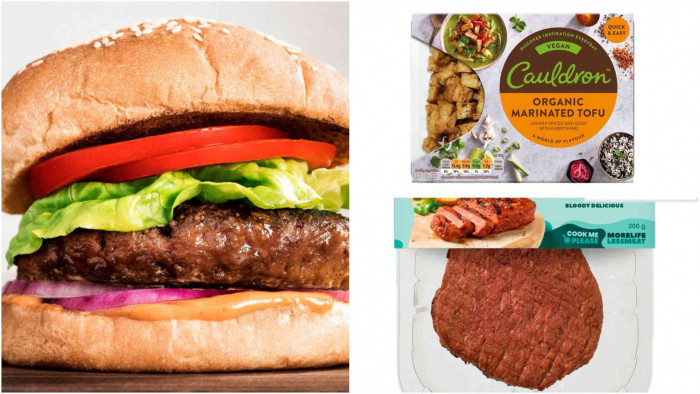Turns out dental floss is (possibly) a complete waste of time
A new study has cast doubt over whether the benefits of flossing daily actually are proven


Hi, good to see you again, how have you been? You haven’t been for a check-up for a few months have you? Oh yes, you’ve been “very busy”, much like all my other patients! Well, if you’d like to pop yourself on the chair there, we’ll see what we can do. Now, open wide. Well, well, well. That is a shame. I’m talking to you with a calm voice, but I’m really suppressing a retch right now. Have you been flossing? You have? Every morning and every evening? Without fail? Well there’s where you’ve been going wrong, dingus. You absolutely (probably) should not have been doing that.
I know it’s hard to read with this light beaming directly in your face, but look at this study the Associated Press has just released on the unproven benefits of flossing. See this quote in particular?
The AP looked at the most rigorous research conducted over the past decade, focusing on 25 studies that generally compared the use of a toothbrush with the combination of toothbrushes and floss. The findings? The evidence for flossing is "weak, very unreliable", of "very low" quality, and carries "a moderate to large potential for bias."

Now I know we’ve been aggressively pressuring you to floss and scolding you for not doing so ever since we used to give you stickers for not screaming too much during fillings, but you were (probably) absolutely wrong to listen to us. Look:
"The majority of available studies fail to demonstrate that flossing is generally effective in plaque removal," said one review conducted last year. Another 2015 review cites "inconsistent/weak evidence" for flossing and a "lack of efficacy".
You see all those times you threaded a piece of string through these disgusting, exposed bones you call ‘teeth’, you were actually just making your gums bleed, for (probably) no reason. The only logical explanation for doing that would be that you are some sort of deranged individual who actively enjoys the sight of their own blood gargling its way down your sink and into the nation’s sewers, where it mingles and congeals with all the other bodily waste. A very unhealthy and disturbed habit to maintain, indeed.
Now I know what you’re thinking: “What if everything you, the good dentist, has been telling me is just hokum? Should I be using a brush, or actually just smearing the toothpaste across my mouth with my fingers? What if toothpaste melts your molars and gives you a slightly less sincere smile? What if having teeth is actually bad for you?”
I understand, really I do. But what you have to remember is that these kinds of studies come along all the time. Drinking a lot of water might cause unnecessary pissing. Not looking directly into the sun could make you spiteful. Being alive will likely kill you and everyone you love.
These studies are more concerned with conclusively proving the benefits of health advice. That is to say, the health advice should (probably) not be completely ignored. As National Institutes of Health dentist Tim Iafolla argues at the end of the flossing study:
"It's low risk, low cost," he said. "We know there's a possibility that it works, so we feel comfortable telling people to go ahead and do it."
So, to conclude, you (probably) should still floss. It’s not necessarily bad for you and may still prove useful. Especially after eating popcorn. That stuff is the worst.
This concludes your appointment, hopefully we’ll see you for another guilt-inducingly awkward hour sooner than last time.
Latest


Best gifts for runners that they'll actually want and use


The best protein bars to fuel your workouts







